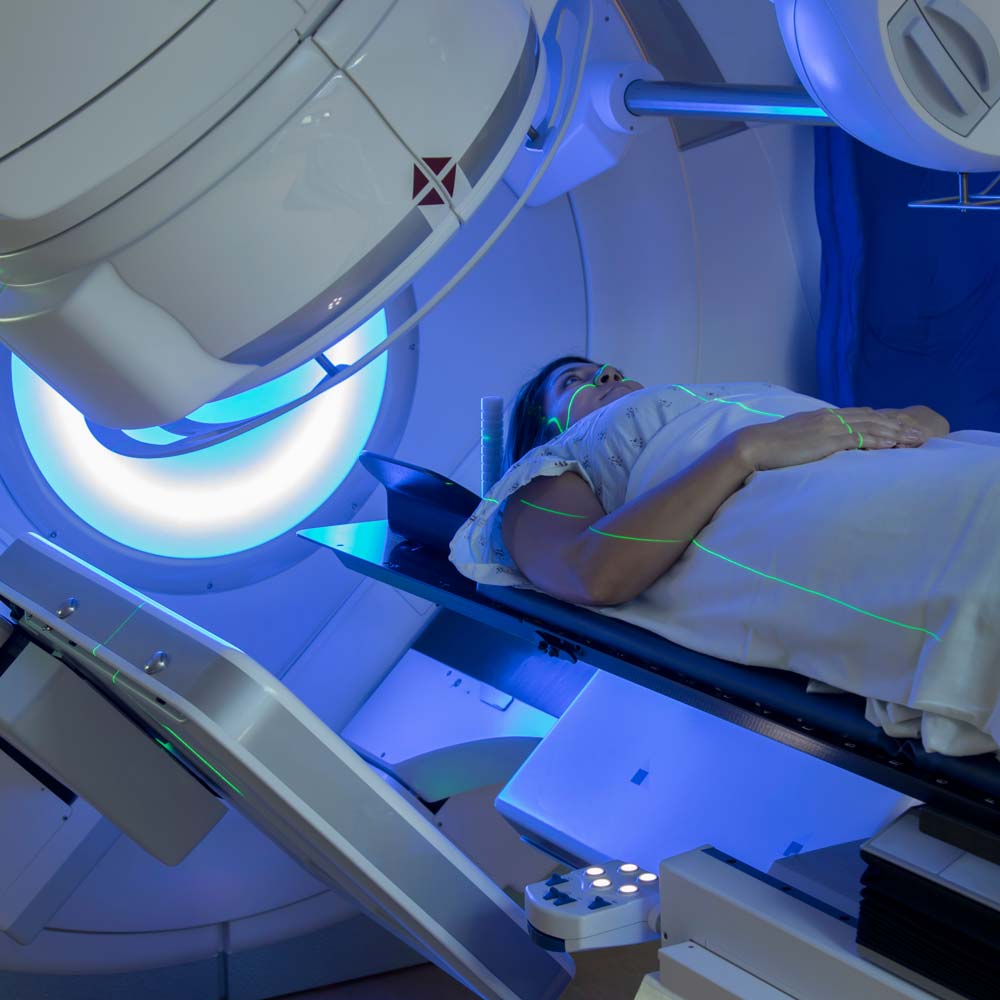Cancer
Medical Studies on Melatonin – Cancer

There have been studies on melatonin as an effective anti-cancer hormone for several decades. It has been demonstrated to alleviate the symptoms of the early-stage, progression and metastasis phases and have a positive impact on the course of the disease. The anti-oxidative and immunoregulatory properties of melatonin and its effect on tumour-specific cell division are responsible for this.
Melatonin inhibits tumour growth
As a “natural killer”, melatonin plays a key role in the uncontrolled growth of cells. Specifically, it reduces the cell division rate, for example by reducing telomerase activity, which results in the programmed cell death of the tumour cells. The researchers also found that melatonin possesses the ability to affect angiogenesis, which is the growth and formation of blood vessels that supply the tumour with oxygen and nutrients, thus facilitating its growth.
An effective accompaniment to therapy
The supportive effect of melatonin during conventional cancer treatments is also proven – for instance, the often toxic consequences of radiotherapy or chemotherapy can be mitigated using melatonin while also enhancing its effectiveness – according to the results of many studies. Studies have also shown that melatonin can affect the treatment resistance of some tumours, making them more susceptible to chemotherapy.
Medical Studies on Melatonin – Cancer
Lung cancer is the second most common cancer and the most lethal cancer worldwide. Melatonin, an indoleamine produced in the
Introduction: Melatonin, originally isolated from the mammalian pineal gland, was subsequently identified in many animal cell types and in plants. While
The purpose of this systematic review is to provide an overview of the existing knowledge on the therapeutic potential of
Hepatocellular carcinoma (HCC) remains a global health challenge whose incidence is growing worldwide. Previous evidence strongly supported the notion that
Melanoma is the most aggressive type of skin cancer, with a greater risk of metastasis and a higher prevalence and
Melatonin is an endogenous indoleamine that has been shown to inhibit tumor growth in laboratory models of prostate cancer. Prostate
Combined chemotherapy is a treatment method based on the simultaneous use of two or more therapeutic agents; it is frequently
Circadian clock dysregulation has been implicated in various types of cancer and represents an area of growing research. However, the
Melatonin displays antitumor activity in several types of malignancies; however, the best delivery route and the underlying mechanisms are still
Melatonin (MLT) is an endogenous hormone produced by pineal gland which possess promising anti-tumor effects. Anti-inflammatory and anti-oxidant properties of
In recent years, seminal studies have been devoted to unraveling the puzzling mysteries associated with the cancer preventive/inhibitory role of
Background: Gastric cancer is one of the major public health problems worldwide. Circadian rhythm disturbances driven by circadian clock genes play
Circadian rhythms are present in almost all cells and play a crucial role in regulating various biological processes. Maintaining a
Uveal melanoma is a rare form of cancer with high mortality. The incidence of metastases is attributed to early seeding
Cancer represents a large group of diseases accounting for nearly 10 million deaths each year. Various treatment strategies, including surgical
The unique ability to adapt and thrive in inhospitable, stressful tumor microenvironments (TME) also renders cancer cells resistant to traditional
Cancers of the reproductive organs are often hard to be detected, and patients’ survival rate drops considerably even when the
Many systemic functions display circadian rhythms driven by an endogenous mechanism that is regulated by circadian-related genes and these gene
Glucose is an essential nutrient for every cell but its metabolic fate depends on cellular phenotype. Normally, the product of
Colorectal cancer (CRC) is one of the most common types of cancer worldwide, known as the second leading cause of